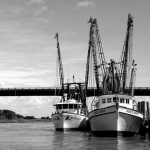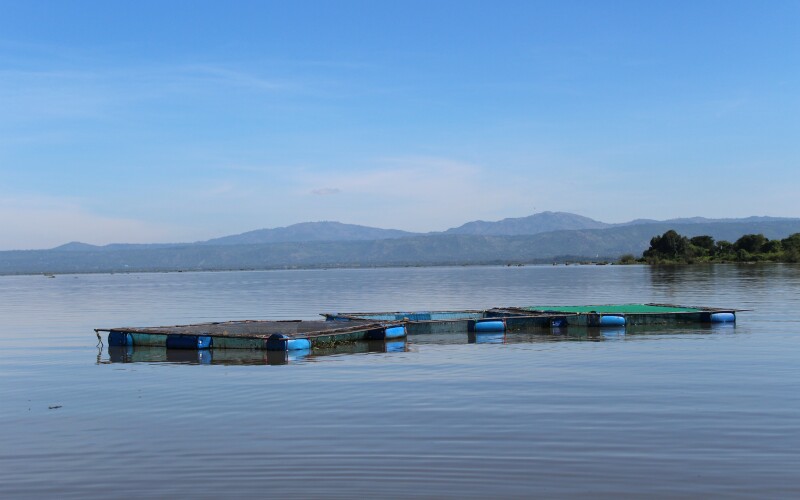MOMBASA, Kenya — Some regional fisheries management organizations that were set up by the United Nations to measure and conserve fish populations — but are difficult to hold to account — need to be more transparent about how they make their rules and regulations if fish species are to be protected and maintained for people reliant on healthy fish stocks for their livelihoods, conservation agencies and fishing industry players say.
The 50-some regional fisheries management organizations worldwide bring together local, coastal states and bigger international players to regulate how companies and countries can fish in waters worldwide in a way that best conserves populations of fish and other ocean species based on scientific evidence.







